David Robertson introduces his fifth season with Ax, Freire, Grosvenor, Mutter, Capuçon and Batiashvili among the headliners.
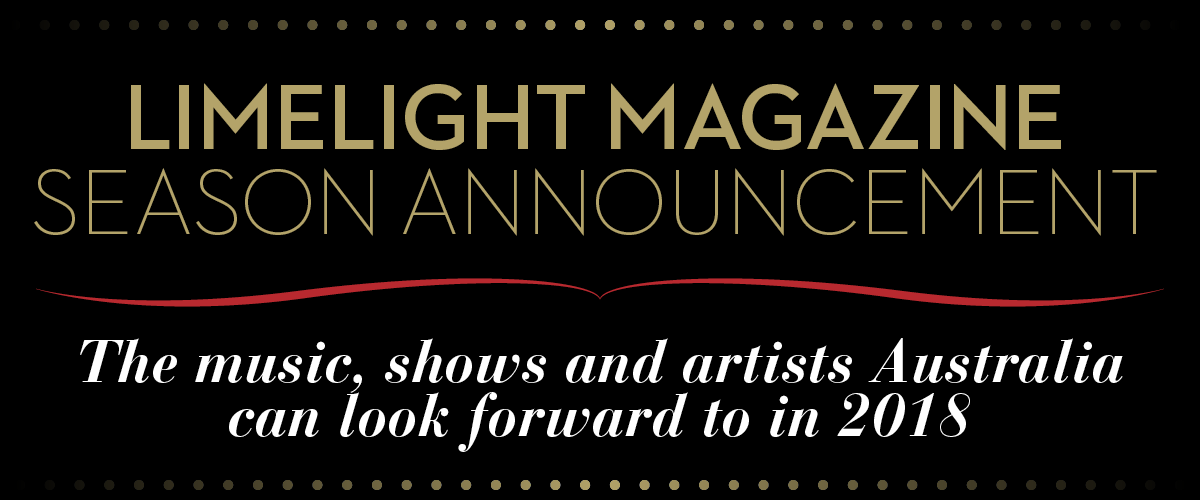
The Sydney Symphony Orchestra has announced its 2018 season with a new music line up that includes Jennifer Higdon’s Pulitzer Prize-winning violin concerto played by Benjamin Beilman and a new cello concerto by Australian composer Brett Dean to be played by Alban Gerhardt. More mainstream music, on the other hand, is in the capable hands of pianists like Emanuel Ax, Nelson Freire, Benjamin Grosvenor and Jean-Yves Thibaudet, and violinists Anne-Sophie Mutter (returning to play Tchaikovsky), Renaud Capuçon and Lisa Batiashvili.
Another key element is a whole series of concerts featuring SSO principals as soloists – players such as Concertmaster Andrew Haveron, cellists Umberto Clerici and Catherine Hewgill, bassoonist Matthew Wilkie and double bassist Kees Boersma. “It’s coming on the heels of the Playlist series, where you have a chance to really get to know the individuals of the orchestra,” explains Chief Conductor and Artistic Advisor David Robertson over a bite to eat between rehearsals at the Sydney Opera House. “Even when we have something like the mini Brahms festival, Umberto and Andrew will be there playing the Double Concerto.”
The season kicks off with Mozart, and the welcome return of American pianist Emanuel Ax as the soloist for six of the late piano concertos. “Manny’s Mozart is really beautiful,” enthuses Robertson. “After playing all the Beethoven piano concertos, I said ‘this is great, you should come back’. He said, ‘I’m thinking of doing something with Mozart,’ and I said, ‘That’s great, let’s do it.’ And now it’s four years later, but that’s just how long it takes sometimes to work these things out.”
In a neat piece of Robertson programming, each concert features a pair of concertos that take their cue from the dramatic colouring of an opening operatic overture, and one of the three final symphonies. “Mozart is all about the contrast, but we tried to jump-start the Festival with the idea that each one of his concertos for piano is like a mini dramatic scene,” says Robertson. “It’s like an opera that’s he writing for himself with all of the different moods and all the characters that he puts into the different movements. Often, within the same movement, he’ll have dialogues. The last three symphonies, like the piano concertos, appear to have been written for Mozart’s own pure enjoyment.”
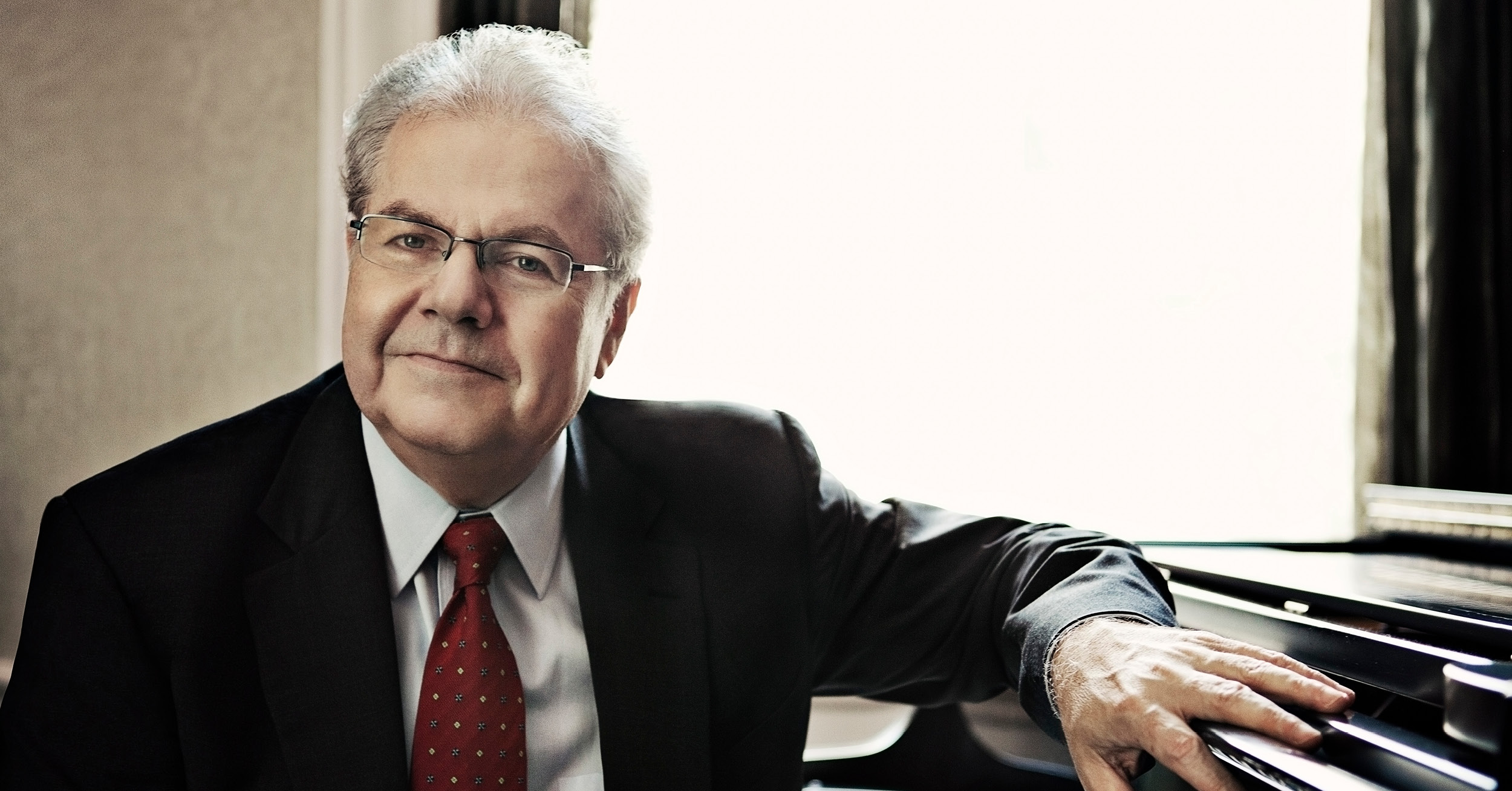
Emanuel Ax © Lisa-Marie Mazzucco
When it comes to the other soloists booked for 2018, Robertson says the emphasis has been on contrasts. “I find it fascinating to have someone like Batiashvili [who plays Prokofiev’s Second] or Mutter, who are both playing the same instrument, and yet it’s a completely different way of looking at what you do with it,” Robertson explains. “It’s the same thing in terms of pianists. We’ve got some who are absolute firebrands – and you can feel that – and then others like Stephen Hough [who plays Rachmaninov’s Paganini Variations], who sits at the keyboard and looks like he’s not doing very much, but count the number of notes that are actually coming out of his hands! He’s not flashy, but musically he’s extremely deep.”
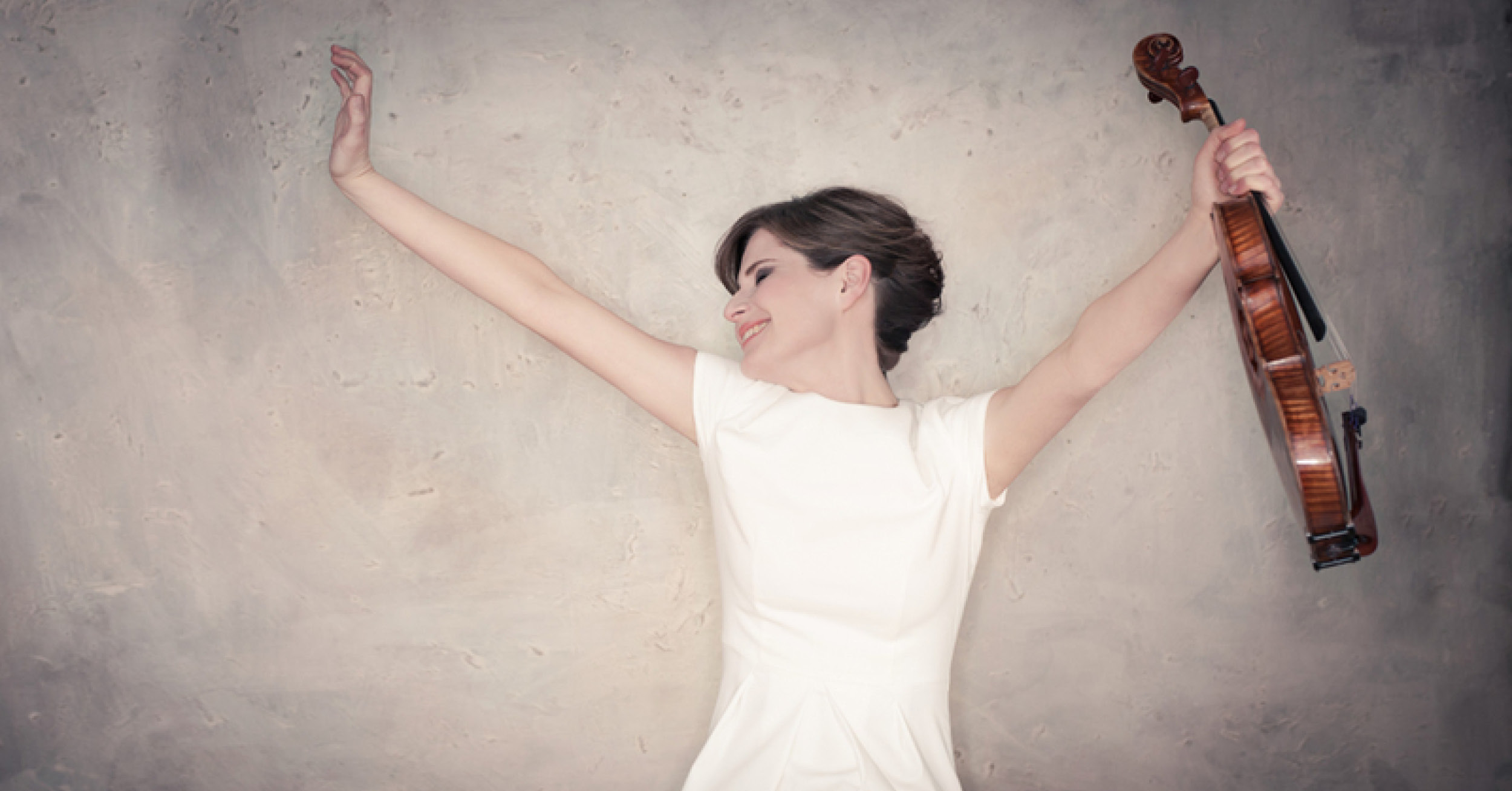
Lisa Batiashvili © Sammy Hart
Another popular return will be conductor Donald Runnicles for a Beethoven and Wagner programme, with Freire playing the Emperor, as well as a Mahler and Schubert programme with Anne Sofie von Otter singing orchestrated Schubert and the Cooke completion of Mahler 10. It’s canny programming if you consider Mahler is an heir to Schubert in the same sense that Wagner is an heir to Beethoven. “Absolutely,” says Robertson, “and that was part of it. The other idea was to look at that whole German vocal tradition that comes through Mahler to Berg and through Wagner from Beethoven and Schubert. There is definitely a theme of the lyric side of German music going through the whole season.”
The Bernstein centenary will be celebrated with John Wilson coming back to Sydney to present highlights from musicals like On the Town, Wonderful Town and West Side Story as well as excerpts from Candide and On the Waterfront with singers Lorina Gore, Kim Criswell and Julian Ovenden. “The interesting thing about Bernstein is the tremendous talent and his ability to touch almost anything and for it be immediately recognisable,” Robertson suggests. “He was such a great interpreter of other people’s music, that with his own music, he would often go only a little way down a path, but then immediately go off into something else. So he writes one of the greatest musicals ever, which is West Side Story, and then he delves into the American symphonic tradition in a brilliant way with the Jeremiah symphony but then decides to leave it completely. He finds the right way to write dance music for serious Broadway dance and then hits the choral repertoire with Chichester Psalms. Each one of them is like the perfect little jewel, but I wish there were more jewels there.”
Wilson also plays English music – Elgar’s Second Symphony – and Prokofiev’s Piano Concerto No 3 with rising star Lukáš Vondráček. Then there’s Masaaki Suzuki returning to conduct Beethoven’s Mass in C with Sydney Philharmonia Choirs and a Verdi Requiem under Oleg Caetani featuring Angel Blue, Catherine Carby, Diego Torre and Jérôme Varnier. Simone Young conducts Mahler’s tragic Sixth Symphony, Ludovic Morlot heads an evening of Debussy and Falla with Steven Osborne playing Nights in the Gardens of Spain and the Australian premiere of British composer Julian Anderson’s Piano Concerto: The Imaginary Museum, while Robertson gets to conduct a sleeping favourite of his – Kalinnikov’s lyrical First Symphony – in the same concert that stars Anne-Sophie Mutter in the Tchaikovsky.
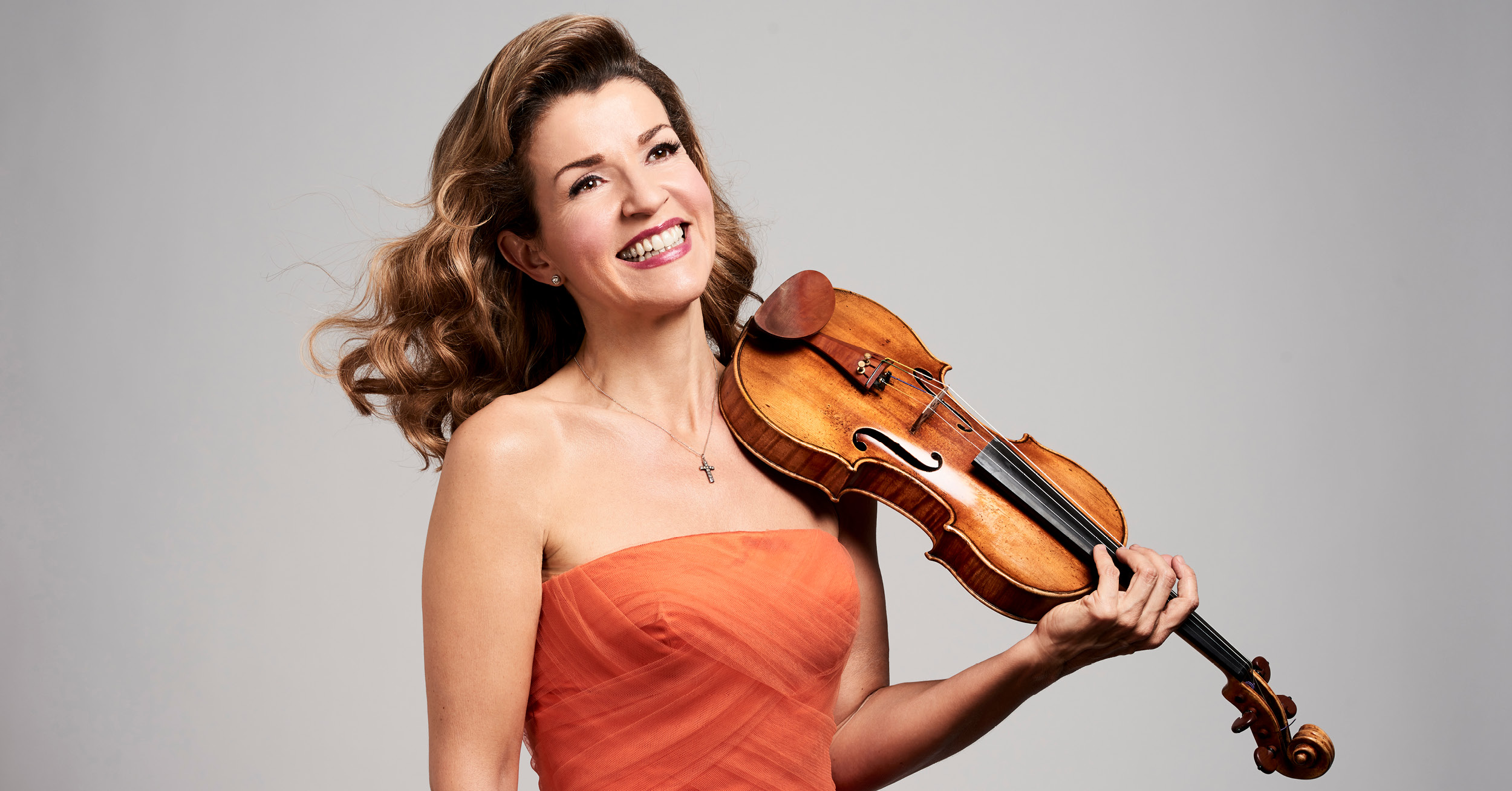
Anne-Sophie Mutter (Photo supplied)
The new music programme features a decent list of Australian composers from Ian Cleworth, Timothy Constable, Gordon Hamilton and beat-boxer Tom Thum, Elena Kats-Chernin, Riley Lee, Bryony Marks, Lachlan Skipworth and Nigel Westlake, as well as a celebration of Ross Edwards’ 75th birthday and the new Brett Dean – still the SSO’s Artist-in-Residence. “A major work by Brett is really wonderful and I believe we get to do it before Berlin does,” says Robertson. “The whole experience for him of working on Hamlet is going to release all sorts of things in his imagination. So that’s one I’m looking forward to particularly. I’m also looking forward to bringing back Engelsflügel, which we’re doing on tour to Europe as a way of capping the period that he’s been with us.”
Times are good for new music in Australia, Robertson reckons, describing the current scene as offering a surfeit of choice. “You want choose carefully though or you end up creating something that ends up being a musical orphan – it’s played once and it’s not played again, and that I can’t stand, “ he says. “You want to try and make sure that you really commission somebody who’s at the top of their game so it stands a chance of being taken up elsewhere.”
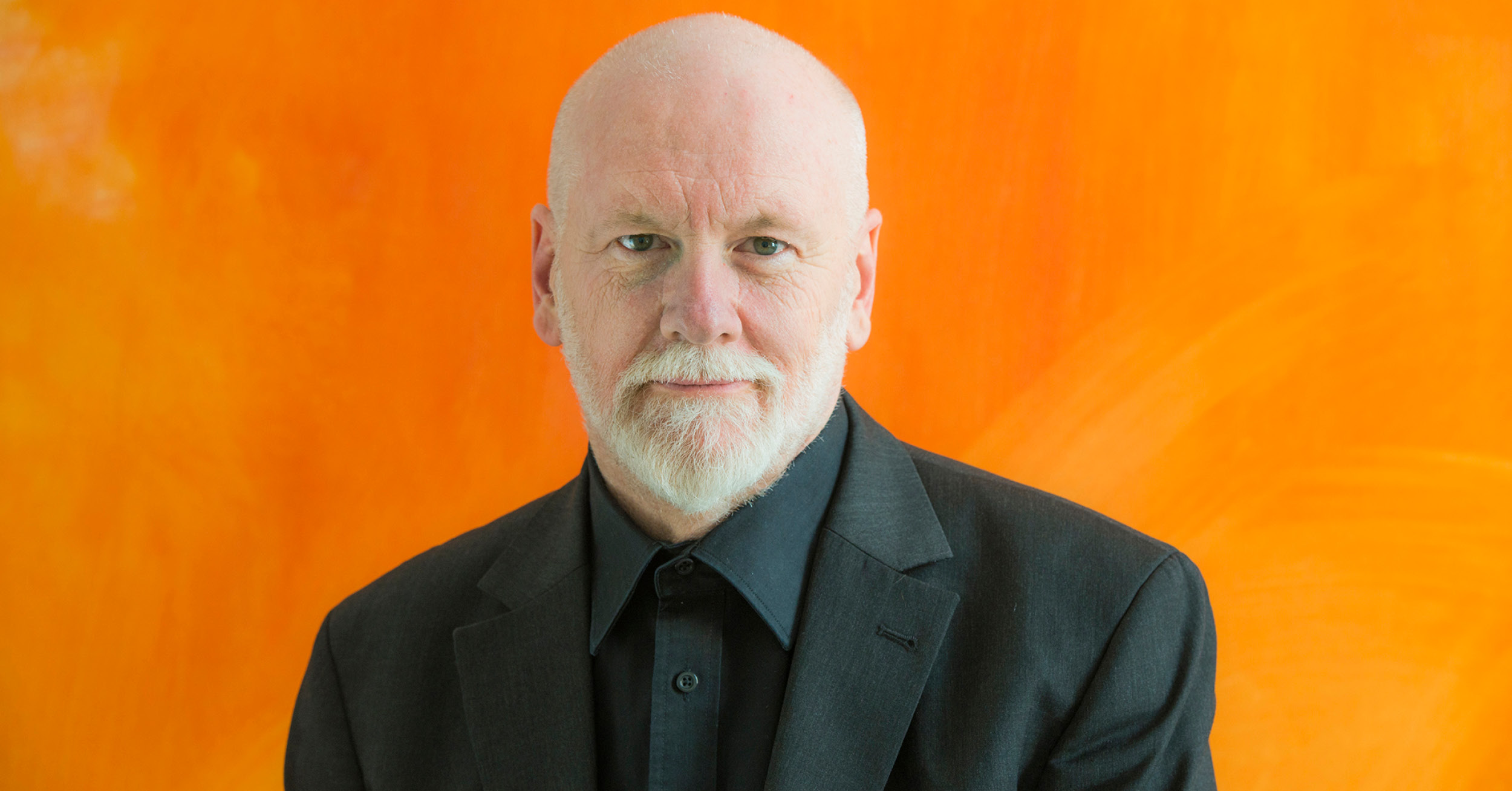
Brett Dean © Bettina Stoess
Indeed, Robertson himself has helped some of his commissioned works find a future life. “We did the premiere of Georges Lentz’s piece, Jerusalem here, and I just did the Untied States premiere of it in St Louis. I’ll be doing Engelsflügel in San Francisco next season as well,” he explains. “That happens, sadly, too rarely. I remember Koussevitzky used to be able to just programme a piece and it entered the repertoire.”
The season also includes Robertson at the helm for a mini Brahms Festival – the First and Fourth Symphonies, the Double Concerto and the First Piano Concerto with Alexander Gavrylyuk – and a splashy Latin concert where legendary guitarist Juan Carmona brings his flamenco troupe for the first time to Sydney for a dazzling display of traditional flamenco in the first half before joining Robertson and the SSO in Carmona’s own Sinfonia Flamenca. “It was actually a piece that I helped co-commission in Lyon and I did it as soon as I possibly could in St Louis,” Robertson says. “There are very few orchestras that can feel conversant in this style, because it does require you to play with the same kind of freedom and suppleness that you have in jazz. The dots on the page have to be inflected with the feel of the music, and to have Juan down here to give us a masterclass in flamenco is a really cool thing.”
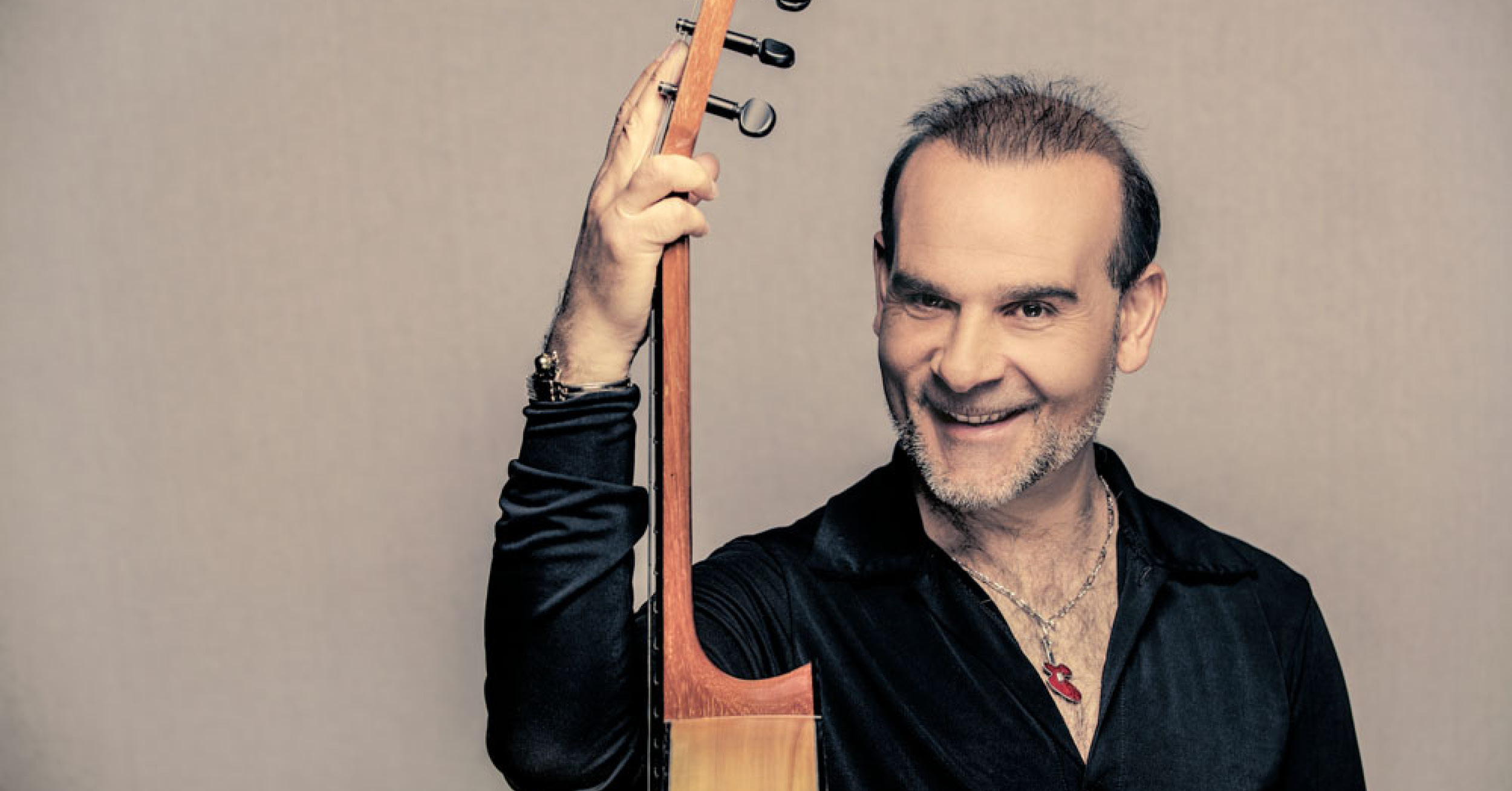
Juan Carmona © Molina Visuals
Alongside the Brahms, other Romantic greats will include Edo de Waart conducting Beethoven Nine and Bruch’s Violin Concerto No 1 with Arabella Steinbacher, Tchaikovsky’s Rococo Variations with Gautier Capuçon and Prokofiev’s Romeo and Juliet Suite – all conducted by Vladimir Ashkenazy – before Robertson wraps up the season with concerts featuring James McMillan’s Second Percussion Concerto with Claire Edwardes, Prokofiev and Mahler’s Fifth Symphonies and the Korngold Violin Concerto with Renaud Capuçon. “The Korngold was written when both he and Alma Mahler were in the States and knew each other quite well,” Robertson explains. “Korngold knew Mahler in Vienna growing up, and there’s a passage in the end of the first movement, which I am sure is a quote from the Fifth Symphony. It is just five notes of the Mahler, but he’s clearly doing it on purpose because he never uses that phrase anywhere else. It is very clear from both pieces how much of that Old World music is already informing the musical culture of the United States through emigration and the way in which one culture flows into the next.”












Comments
Log in to join the conversation.